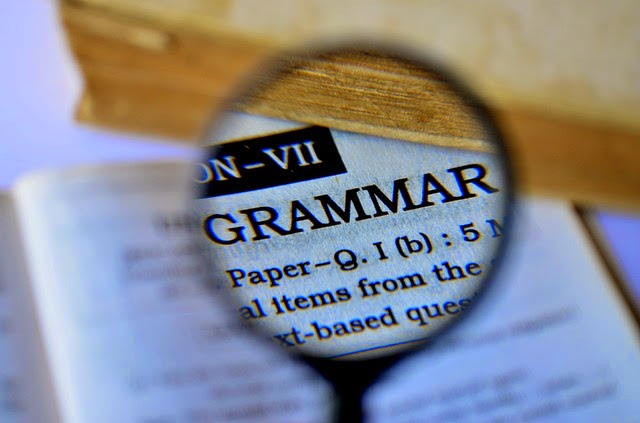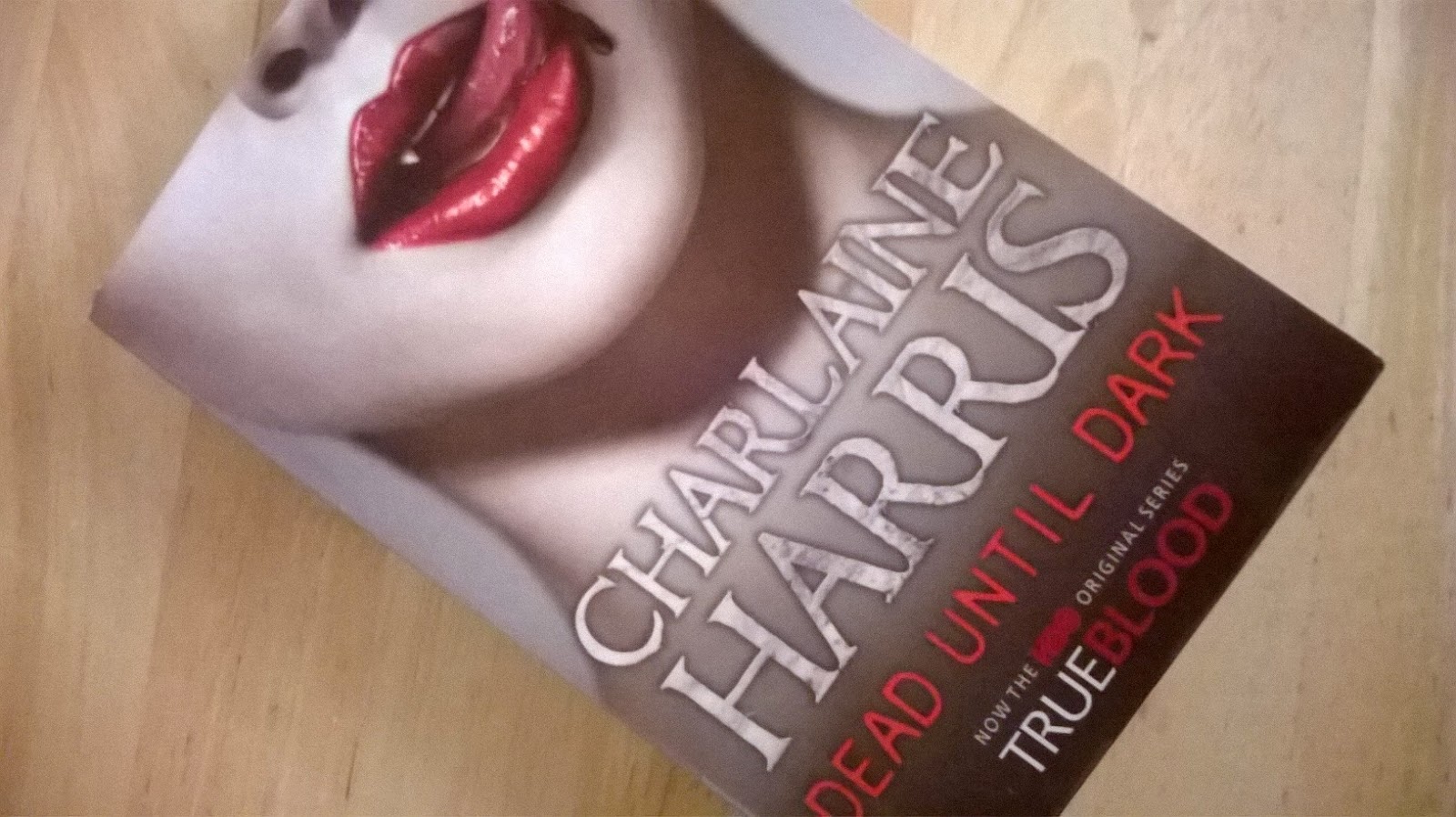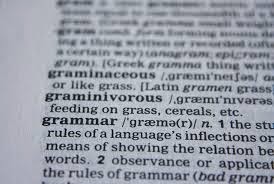How to write a cover letter?

Writing cover letters when submitting short stories isn't as hard as you think. A lot of inexperienced writers wrongly assume that your cover letter needs to describe your submission. What's the purpose of a cover letter? Try to consider that the process of submitting short stories for journals magazines or competitions is the literary equivalent of applying for a job. The purpose of attaching a cover letter is to very briefly introduce yourself in a professional way, but always check the submission guidelines of the publication you are applying to, as many have their own strict criteria. A checklist for writing a top cover letter Always try to address your cover letter to a specific person, usually the fiction editor. Their name can be easily found out by checking their website. If you can't find their name, make it addressable to a colleague so it will show you at least tried. Your cover letter will be forwarded to the correct person. Include your name,...
.jpg)















